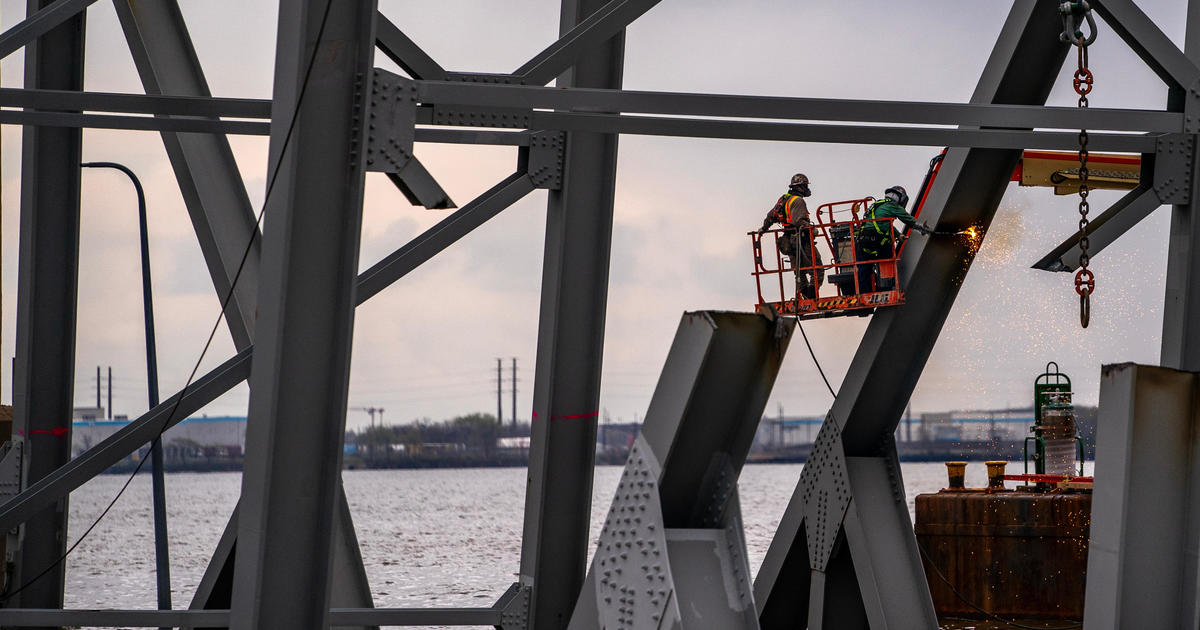Maryland’s congressional delegation is set to meet with Gov. Wes Moore and the director of the U.S. Office of Management and Budget to discuss emergency funding for Baltimore in response to the collapse of the Francis Scott Key Bridge. The meeting, scheduled to take place at the U.S. Capitol, comes amid internal disagreement among Maryland congressional leaders over the size and scope of the funding that Congress should provide immediately. The U.S. Transportation Department has already approved an initial $60 million in emergency funds following the bridge’s collapse, but the full extent of the work needed to address the situation remains unclear.
Representatives from Maryland acknowledge that the total cost of the restoration efforts could exceed a billion dollars, with many unknown factors contributing to the uncertainty of the final figure. While some argue that initial emergency funding should be limited to urgent and time-sensitive projects, others emphasize the need for a comprehensive approach that includes support for workers affected by the crisis. Democrats in Maryland are concerned that Republicans may deny Baltimore funding in the future, leading them to seek continuous funding over the next several years to ensure the full cost of rebuilding the bridge is covered, regardless of political changes.
Maryland Republican Rep. Andy Harris believes that the initial emergency aid package should focus on clearing the channel and recouping costs from liable companies through civil actions. He estimates that the immediate expense of clearing the channel will be less than $100 million, with the construction of a new bridge being a long-term project. Maryland’s congressional representatives with seats on appropriations committees will play a role in shaping and drafting legislation to fund the restoration efforts, with a focus on providing necessary resources to rebuild the Key Bridge, reopen the Port of Maryland, and support impacted families.
Sen. Chris Van Hollen, a Democrat on the Senate Appropriations Committee, expressed his gratitude for the Army Corps of Engineers and MDOT’s efforts to clear debris and open a portion of the channel to facilitate the reopening of the Port of Baltimore. Sen. Ben Cardin also participated in discussions with federal small business officials and Baltimore Mayor Brandon Scott to address the impact on workers. The delegation aims to secure the resources needed to rebuild the Key Bridge and support those affected by the collapse, emphasizing the importance of bipartisan cooperation in addressing the crisis. Efforts are underway to draft legislation that will provide the necessary funding and support for Baltimore’s recovery and the restoration of critical infrastructure.









